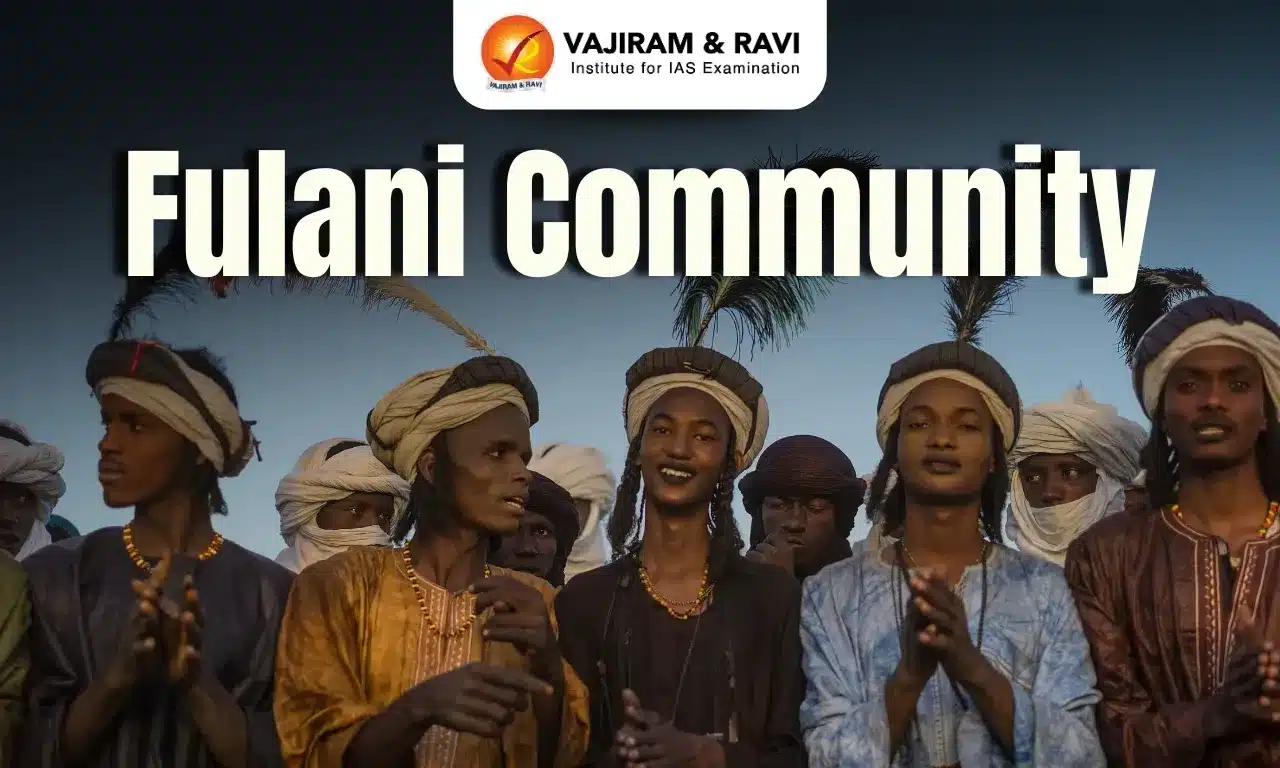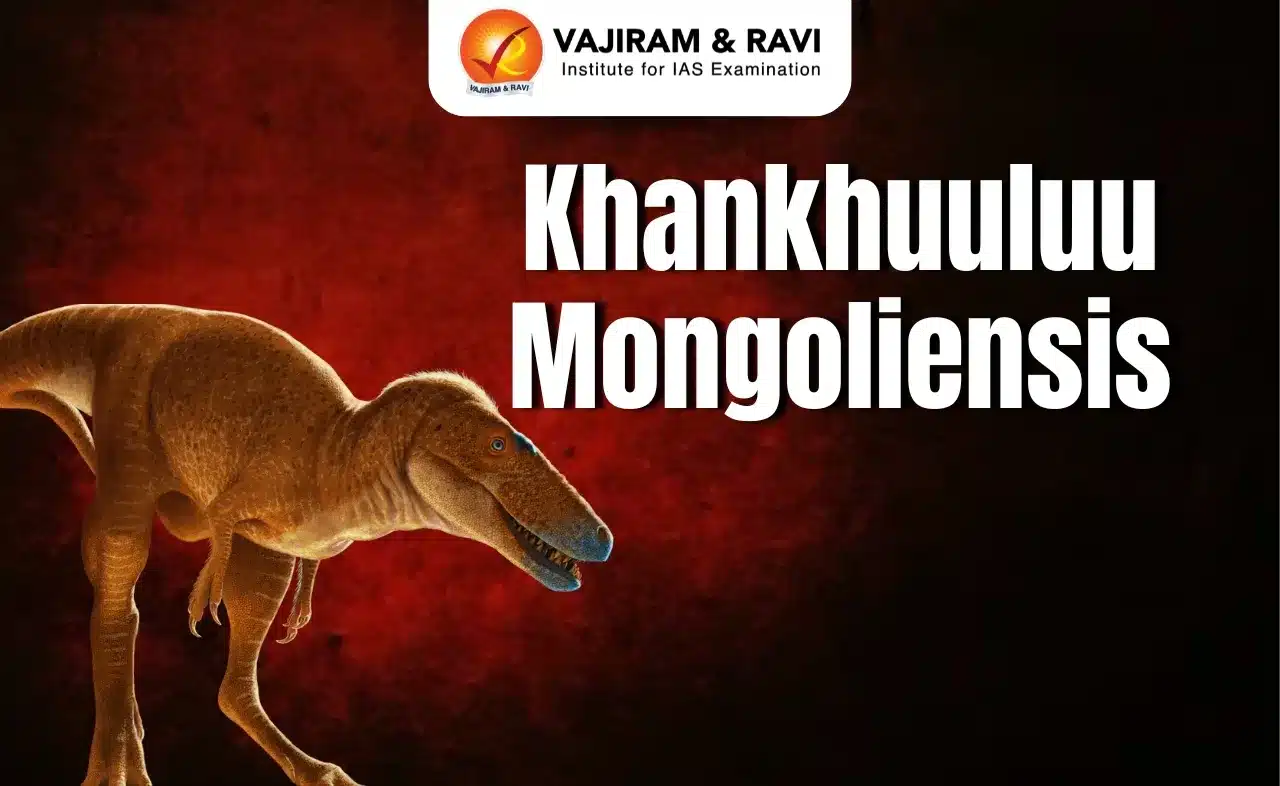Fulani Community Latest News
A new study has found that the Fulani, one of Africa’s largest pastoral populations, have a history going back to the ‘Green Sahara’ period (12,000–5,000 years before the present).
About Fulani Community
- The Fulani are a large and widely dispersed group of both nomadic herders and sedentary farmers living in the African Sahel/Savannah belt.
- They are concentrated principally in Nigeria, Mali, Guinea, Senegal, and Niger but can also be found in several other countries.
- The Fulani language, known as Fula, is classified within the Atlantic branch of the Niger-Congo language family.
- Fulani are divided into three groups: Makiyaya (herders), Fulanin Soro (those living in towns) and Bararo, which refer to Fulani living in forests. Bararo retain a close cultural connection to ancestral nature belief systems and rituals.
Social Structure of Fulani Community
- The social structure of the pastoral Fulani is egalitarian, in marked contrast to that of other Muslim groups, such as the Hausa.
- They value family and community, with strong kinship ties and clear gender roles.
- Polygamy is practiced, and marriage is an important cultural milestone, often accompanied by elaborate rituals and festivals.
- Their traditions are deeply intertwined with their spirituality, which is influenced by Islam, as well as their connection to the land and nature.
- Fulani women are also known for their skill in weaving and craftsmanship.
- Fulani women are famous for their intricate hairstyles, which are often adorned with beads, cowrie shells, and other decorative elements.
Fulani Community FAQs
Q1: What are the Fulani known for?
Ans: They are well known for the delicate decoration of utilitarian objects such as milk bowls that reflect their nomadic and pastoral lifestyle.
Q2: What is the Fulani caste system?
Ans: The caste system is prevalent in Fulani society which has four categories- traders, nobility, blacksmiths and successors of slaves of rich Fulani people.
Q3: What are Fulani also known as?
Ans: The Fulani people of western and north-central Africa are also called Peuhl and Fula.
Source: DTH
Last updated on June, 2025
→ UPSC Notification 2025 was released on 22nd January 2025.
→ UPSC Prelims Result 2025 is out now for the CSE held on 25 May 2025.
→ UPSC Prelims Question Paper 2025 and Unofficial Prelims Answer Key 2025 are available now.
→ UPSC Calendar 2026 is released on 15th May, 2025.
→ The UPSC Vacancy 2025 were released 1129, out of which 979 were for UPSC CSE and remaining 150 are for UPSC IFoS.
→ UPSC Mains 2025 will be conducted on 22nd August 2025.
→ UPSC Prelims 2026 will be conducted on 24th May, 2026 & UPSC Mains 2026 will be conducted on 21st August 2026.
→ The UPSC Selection Process is of 3 stages-Prelims, Mains and Interview.
→ UPSC Result 2024 is released with latest UPSC Marksheet 2024. Check Now!
→ UPSC Toppers List 2024 is released now. Shakti Dubey is UPSC AIR 1 2024 Topper.
→ Also check Best IAS Coaching in Delhi






















